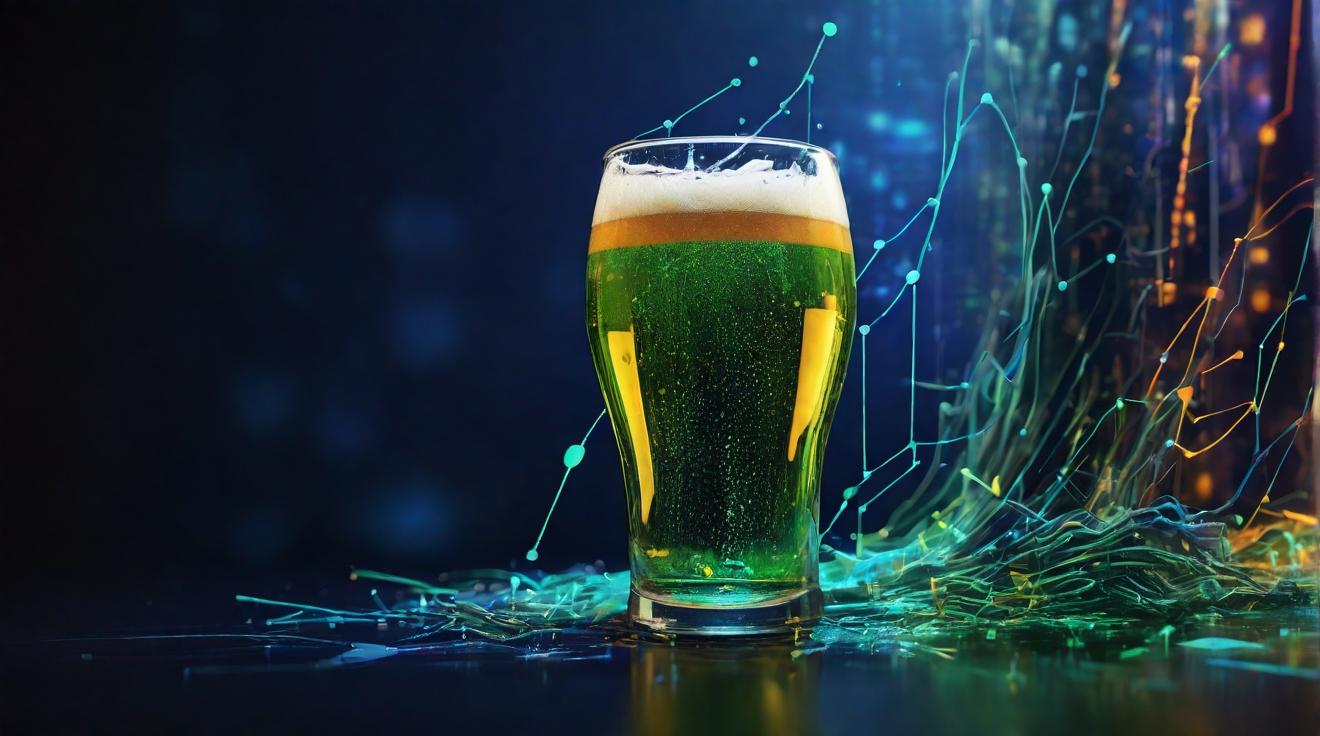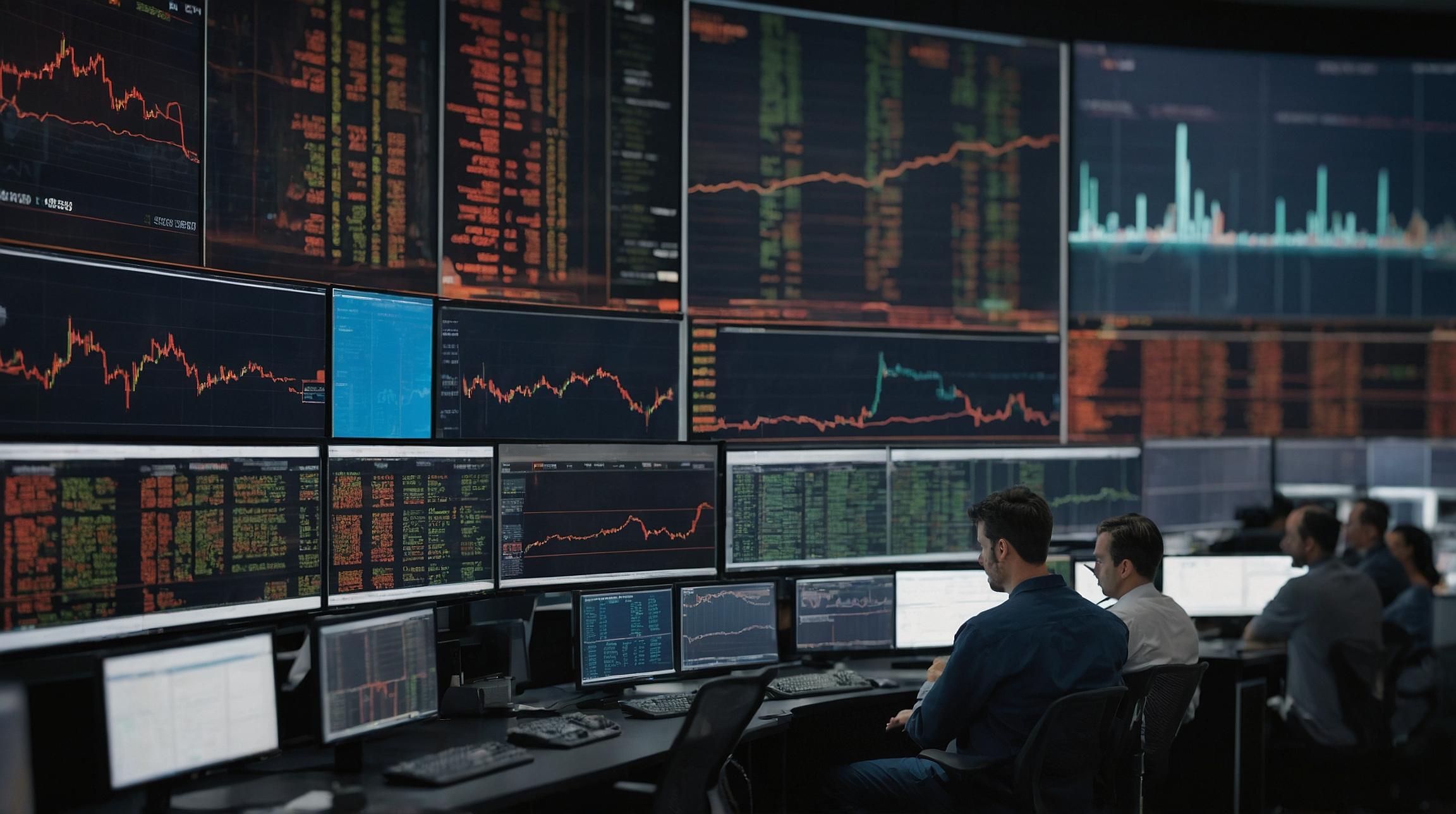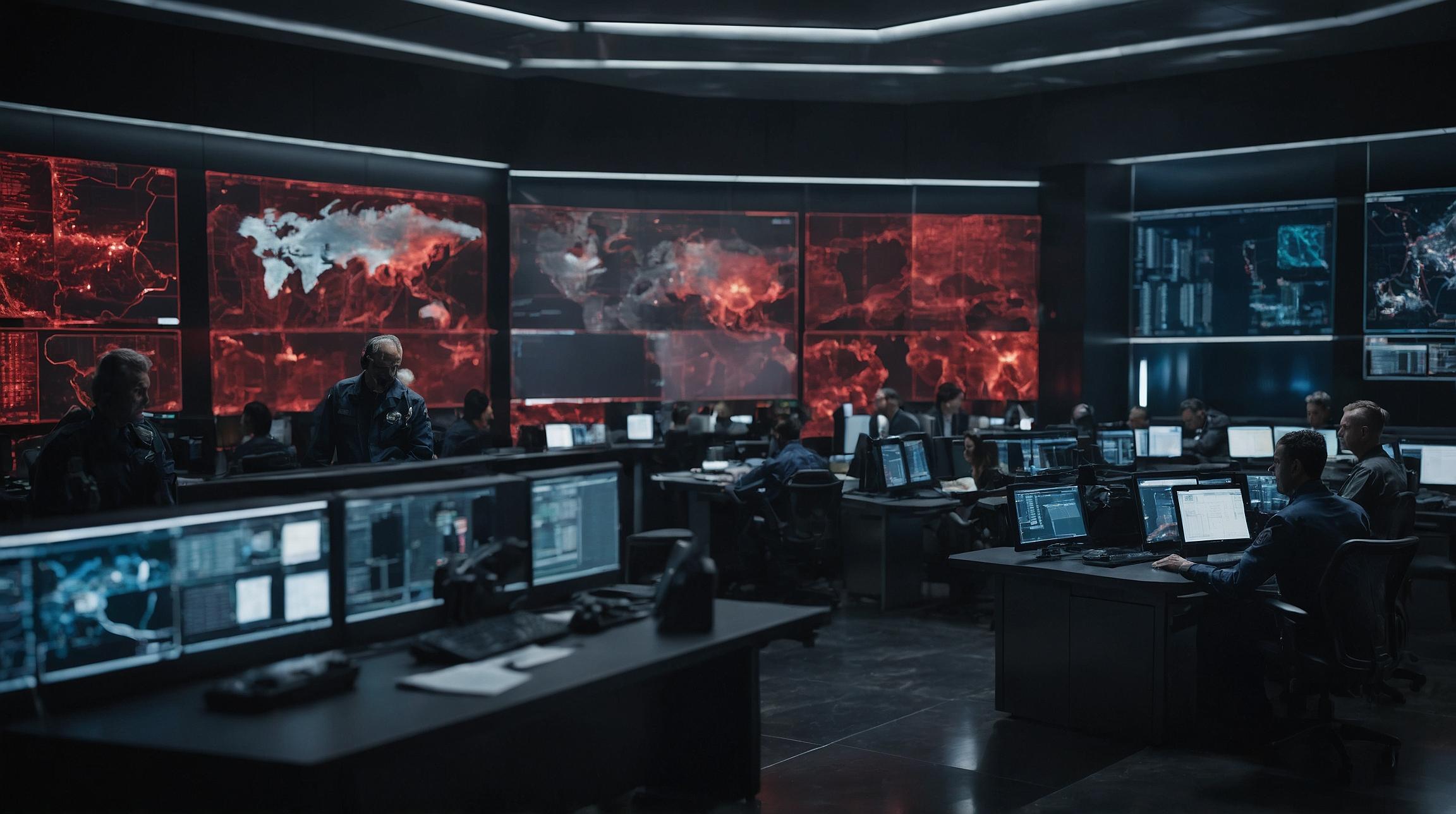Investigation Raises Concerns About Tesla's Full Self-Driving Amid Fatal Crash
The Washington Post has brought to light a potentially groundbreaking incident involving Tesla's Full Self-Driving (FSD) software, marking what could be the first fatality linked to this advanced driver-assistance system. This revelation has ignited a debate about the safety and reliability of autonomous vehicle technologies, raising pressing questions for investors and consumers alike.
In 2022, in Evergreen, Colorado, a fatal crash occurred when a Tesla, allegedly operating under FSD, collided with a tree before erupting into flames. The driver, Hans von Ohain, a Tesla employee, and his passenger, Erik Rossiter, were returning from a golf outing. Despite Rossiter's survival, Von Ohain's death marks a tragic milestone if confirmed to be associated with Tesla's FSD.
Concerns Over FSD's Reliability and Safety
The incident unveils the complexities and risks associated with autonomous driving technologies. Rossiter's account indicates that the FSD had shown erratic behavior earlier that day, though intervention from Von Ohain had corrected the course until the fatal moment. This raises significant questions about the dependability of FSD in navigating challenging driving conditions, such as curvy roads – an issue Tesla manuals caution about.
The Role of Alcohol and Corporate Responsibility
Complicating the matter is the revelation that Von Ohain had a blood alcohol level of 0.26, well above the legal limit, making him legally drunk at the time of the crash. Despite this, allegations have surfaced accusing Tesla of not assuming partial responsibility for the incident, a stance that has angered the victim's family. Nora Bass, Von Ohain’s widow, criticizes the company for promoting a "false sense of security" regarding the FSD's capabilities, challenging Tesla's assertion that the car can outperform a human driver, even in instances of impairment.
Investor Implications and the Future of Tesla's Autonomy
For investors, the incident serves as a crucial assessment point regarding the viability and future regulatory challenges of Tesla's autonomous driving technologies. The emerging scrutiny over FSD's safety could lead to increased regulatory oversight, impacting Tesla's market position and the broader adoption of autonomous vehicles. Furthermore, the case highlights the imperative for transparent and responsible communication from corporations about the limitations and appropriate use of their technologies.
As the investigation proceeds, the financial community and consumers will closely monitor Tesla's response and any potential impact on its market valuation and consumer trust. The incident underscores the essential balance between innovation and safety, a pivotal factor in the ongoing evolution of autonomous driving technologies.
In conclusion, the unfortunate event in Colorado opens a complex discussion on technological reliance, corporate accountability, and the ethical dimensions of automated driving systems. As autonomous technologies continue to advance, ensuring their safe integration into society remains a paramount concern for all stakeholders involved.
Analyst comment
This news can be evaluated as negative. The investigation raises concerns about Tesla’s Full Self-Driving technology’s reliability and safety. The incident could lead to increased regulatory oversight and impact Tesla’s market position. Additionally, the allegations of corporate responsibility could harm consumer trust. Analysts predict a potential negative impact on Tesla’s market valuation and emphasize the need for transparent communication about the limitations of autonomous technologies. Overall, this event highlights the ongoing balance between innovation and safety in the autonomous driving industry.













